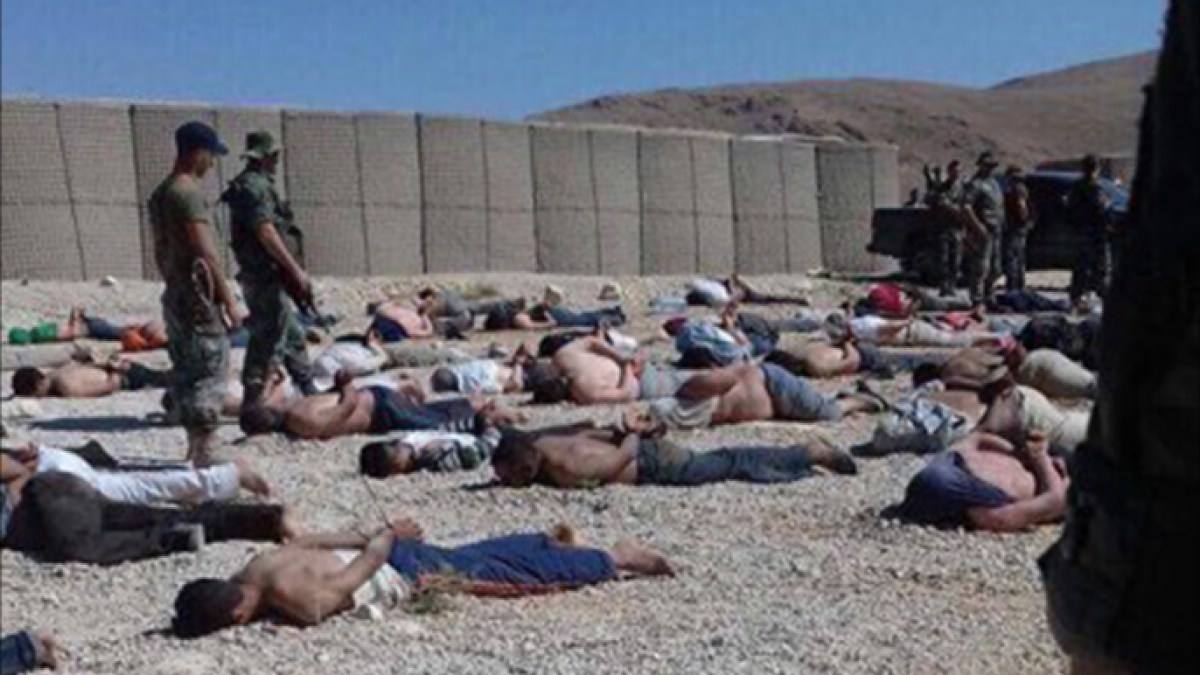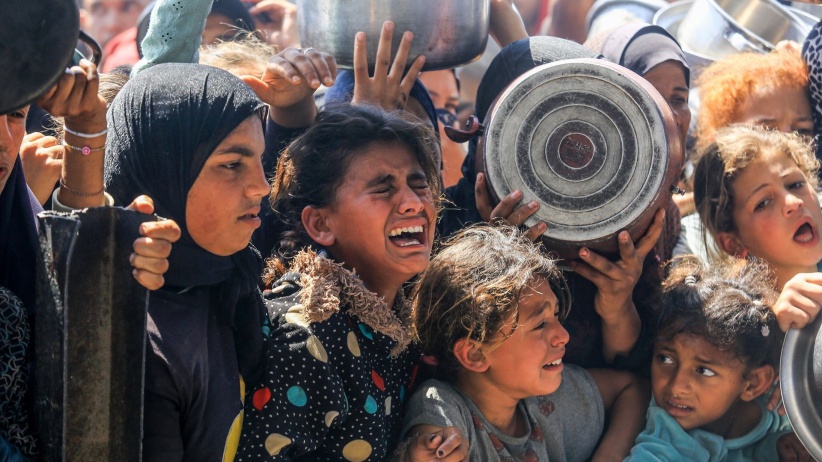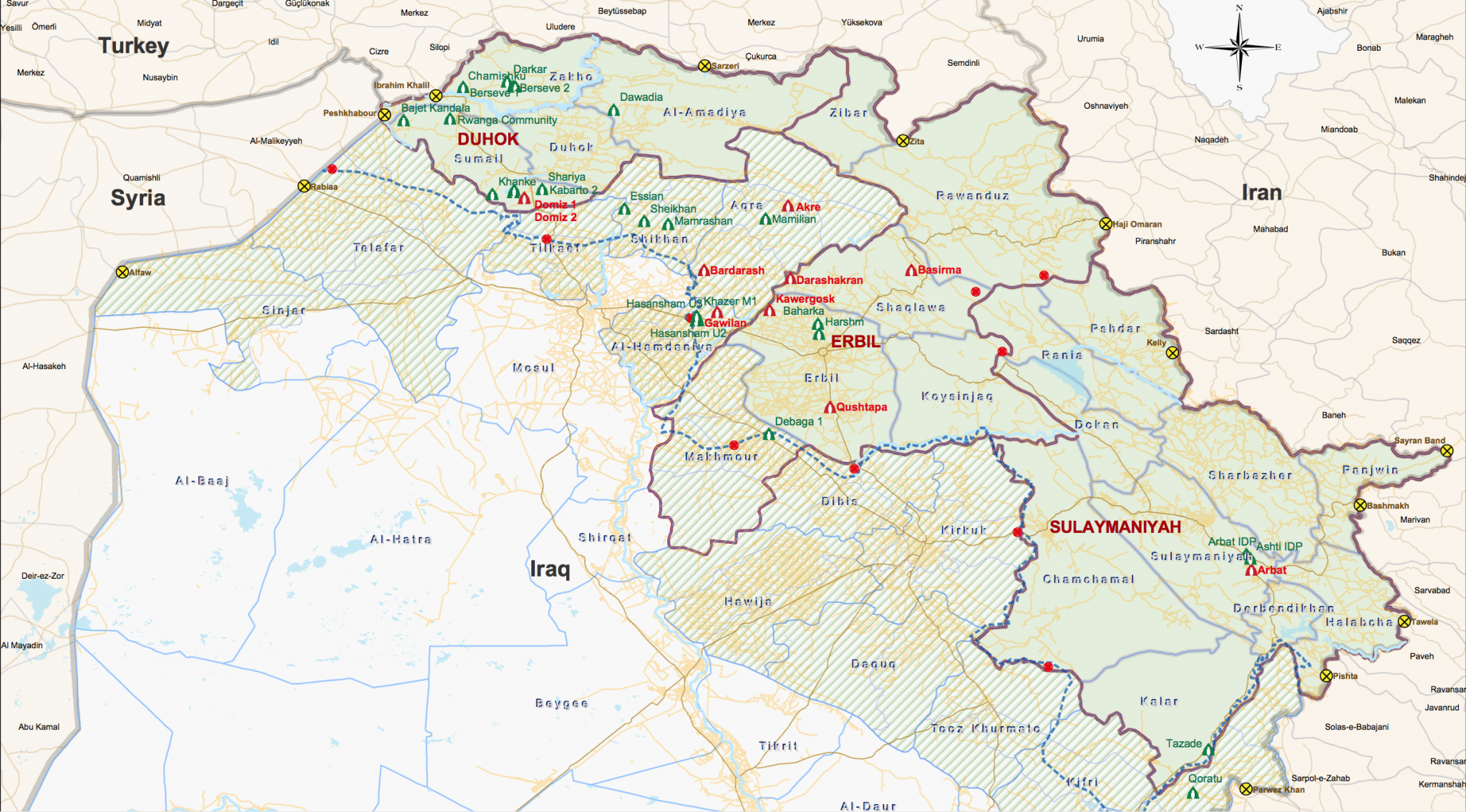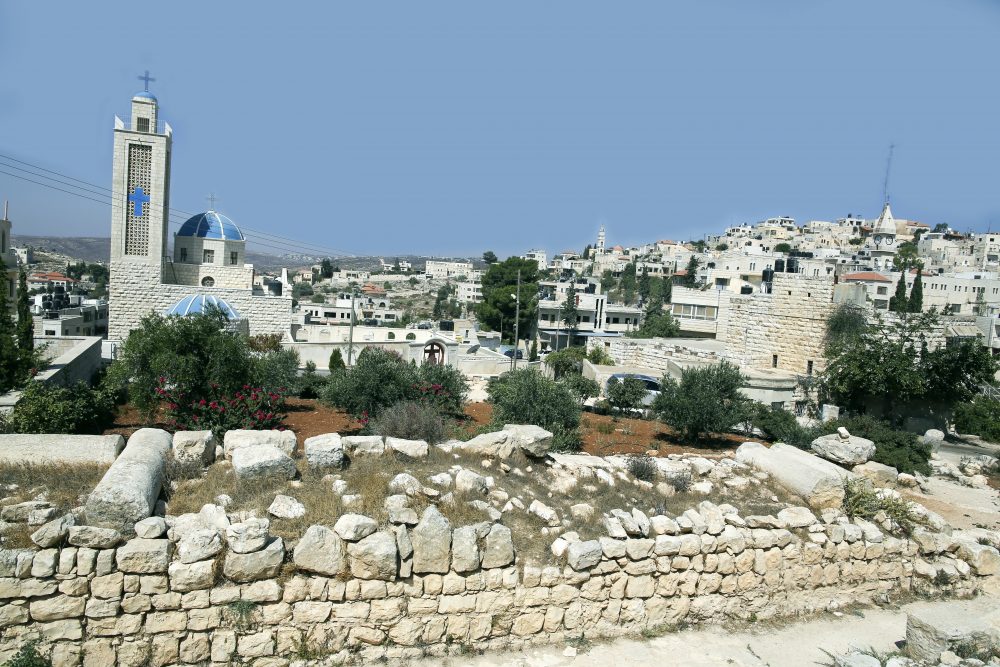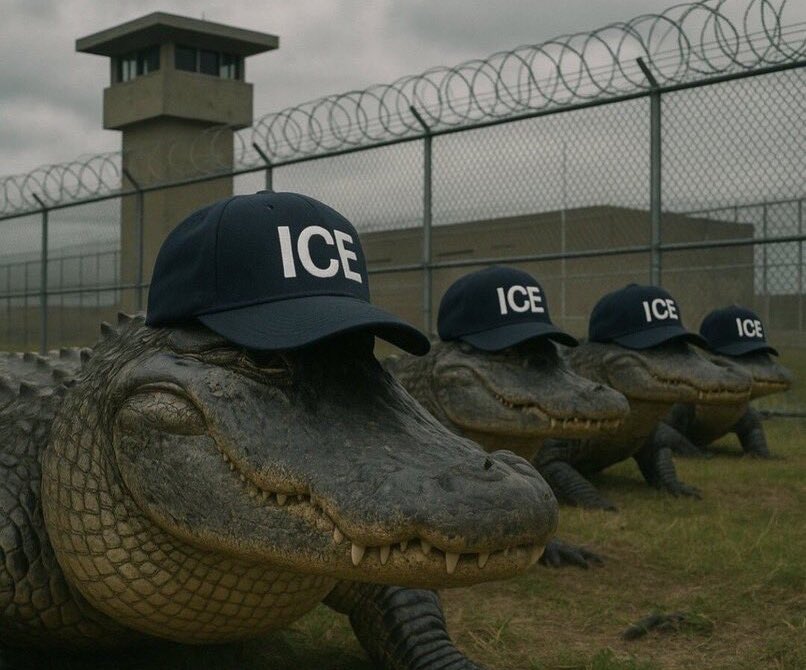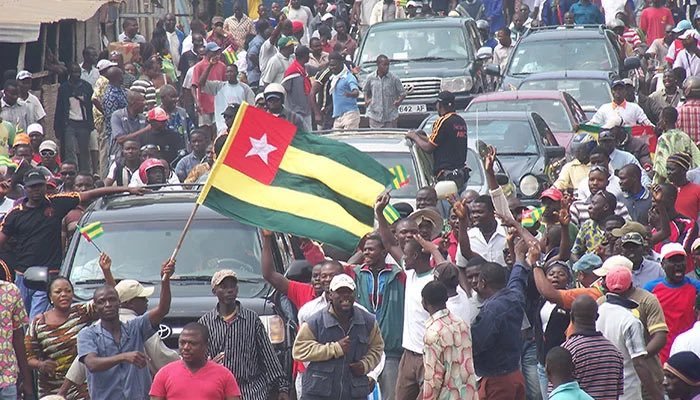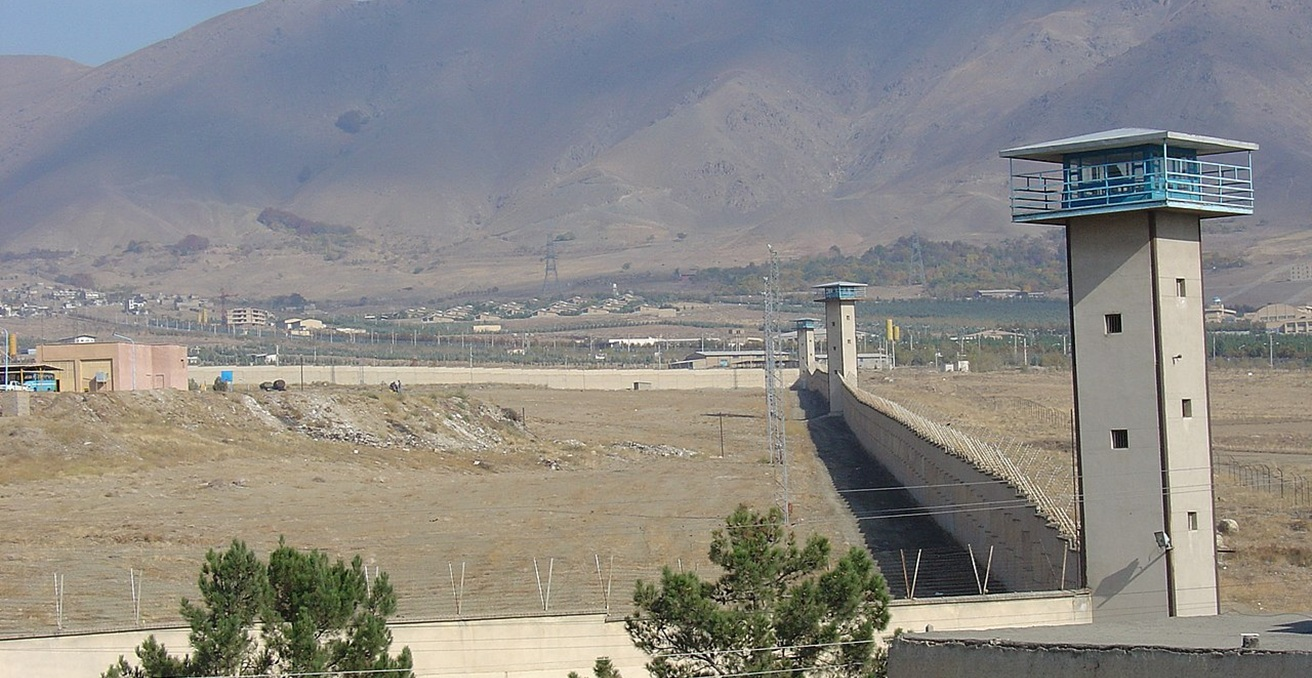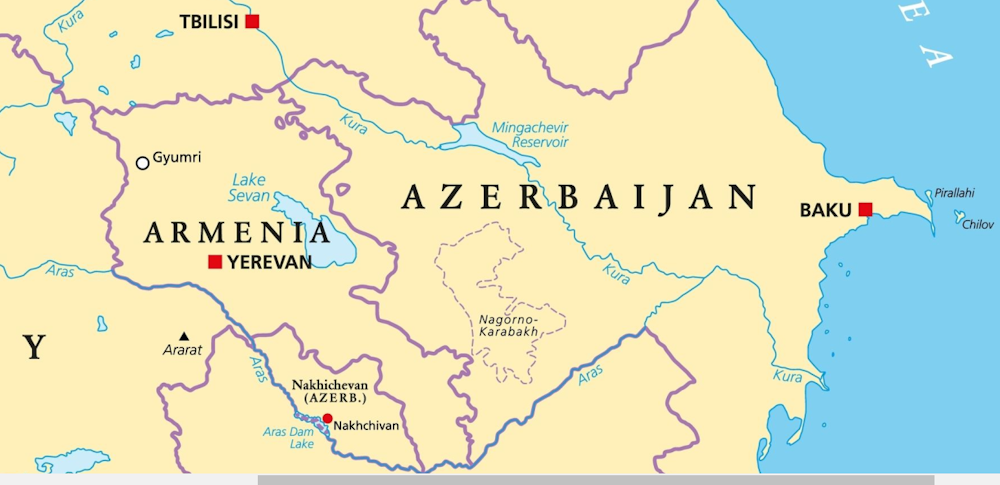
‘Trump Corridor’ through Armenia under ‘peace’ deal
Prime Minister Nikol Pashinyan of Armenia and President Ilham Aliyev of Azerbaijan signed a joint declaration at the White House, with Donald Trump boasting that the US-brokered deal ends decades of conflict between the Caucasus neighbors. Critically, the agreement calls for a new transport corridor across Armenian territory, linking Azerbaijan to its exclave of Nakhchivan, which lies between Armenia and the borders with Turkey and Iran. The corridor is to be named the “Trump Route for International Peace & Prosperity,” and Armenia has granted the United States the right to manage it for 99 years. US companies will have exclusive development rights on the corridor throughout this period. (Map: Peter Hermes Furian/Shutterstock via The Conversation)





